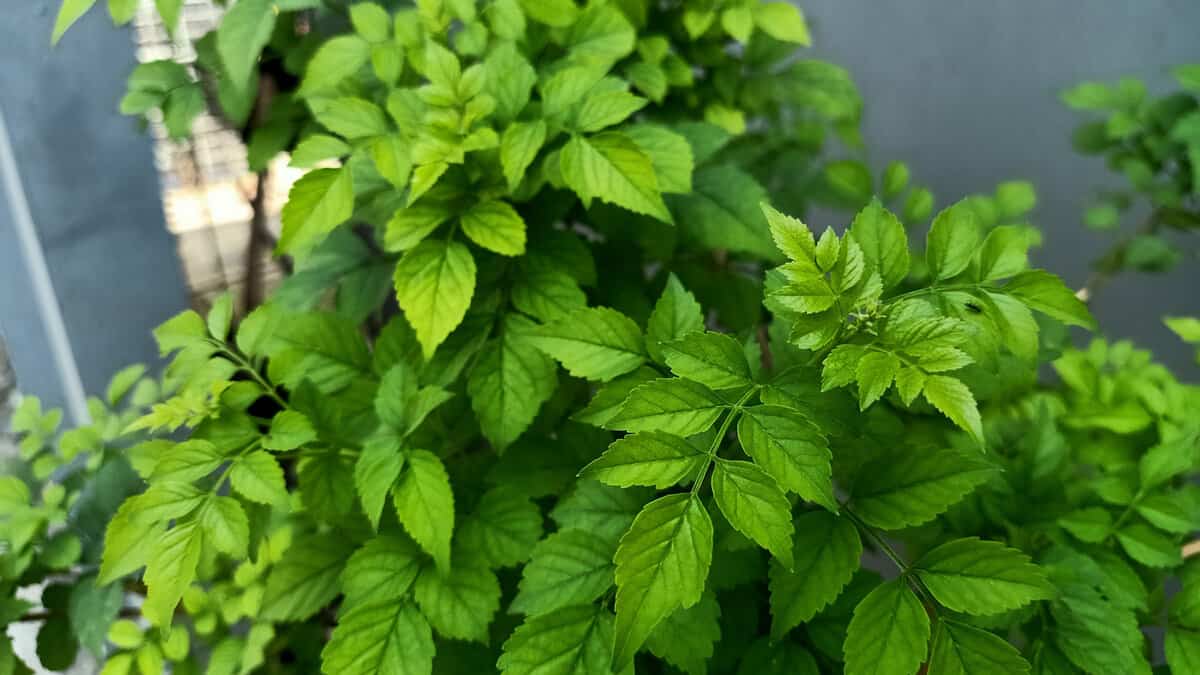When it comes to planting Cape Honeysuckle in your garden, you may wonder if its roots have invasive tendencies.
This attractive evergreen shrub or vine, known for its clusters of brilliant orange and deep red trumpet-shaped flowers, can be quite the eye-catching addition to any landscape.
However, you may have concerns about its impact on your existing plants, infrastructure, and the environment.
We'll look into the characteristics of Cape Honeysuckle and explore whether or not its root system has invasive tendencies.

Is Cape Honeysuckle Root Invasive?
Cape Honeysuckle, or Tecoma capensis, is an evergreen shrub or vine native to the Cape of Good Hope region in South Africa.
You might be attracted to its clusters of vibrant orange and deep red trumpet-shaped flowers, which typically bloom from fall to spring.
As a shrub, it grows to 7-10 feet tall and wide. As a vine, it can stretch 25-30 feet long and may bramble up to 50-100 feet.
While this plant is visually appealing, you might be concerned about its invasiveness. Fortunately, Cape Honeysuckle is not known as an invasive species.
It's important to note, however, that its "cousin" plants like Japanese Honeysuckle and Morrow's Honeysuckle are indeed invasive.
Be sure to properly identify the plant you're dealing with before taking action.
Root System of Cape Honeysuckle
Understanding a plant’s root system is crucial before introducing it into your garden.
Cape Honeysuckle does not possess an overly aggressive root system unlike some of its invasive relatives. However, like all plants, it seeks nutrients and water, leading to growth.
Root System Depth
The root system of Cape Honeysuckle is generally non-invasive, which means you don't have to worry about it damaging your hardscape or other nearby plants.
Usually, its roots spread out horizontally just below the soil surface with some deeper anchoring roots.
This allows the plant to obtain nutrients and water efficiently, while also providing stability.
Since its roots grow deeply rather than laterally, this means they’re less likely to surface or spread out widely.
If there's an obstruction, the roots might change their growth pattern. However, they aren’t known to cause damage to structures.
Effects on Existing Flora
Cape Honeysuckle may compete for resources like water, sunlight, and nutrients with other plants in your garden.
To maintain balance in your landscape, consider planting Cape Honeysuckle alongside other species that can coexist well and provide proper spacing to prevent overcrowding.
You can also prune it regularly to keep it within its boundaries and make sure it doesn't overshadow other plants.
Soil Impact
Any vigorous plant may alter the soil chemistry and affect other plants or microorganisms nearby.
Monitoring soil conditions and ensuring a proper balance of nutrients is essential for the health of your entire garden.
To protect the soil and other plants in your landscape, consider implementing soil management practices such as applying organic mulch and using natural fertilizers.
Managing the Growth
To ensure that Cape Honeysuckle doesn't become a menace in your garden:
Regular Pruning
Trim the plant to control its size and prevent it from becoming too thick or bushy.
Watering Practice
Ensure that the plant is watered deeply but infrequently. This encourages roots to grow deeper, seeking moisture from the ground.
Planting Site
Although the roots aren’t highly invasive, it's still advisable to plant Cape Honeysuckle a fair distance away from important structures.
This way, you won’t have to worry about potential root expansion in the future.
Robust Growth But Non-Invasive Roots
Cape Honeysuckle, with its beautiful flowers, can be a delightful addition to your garden.
While its growth can be robust, its roots are not particularly invasive.
With regular maintenance and proper planting practices, you can enjoy this vibrant plant without worrying about any unwanted root expansion.
If you're looking for other plants with non-invasive roots, check these out:
Does Lilac Have Invasive Roots? Insights For Smart Gardening
